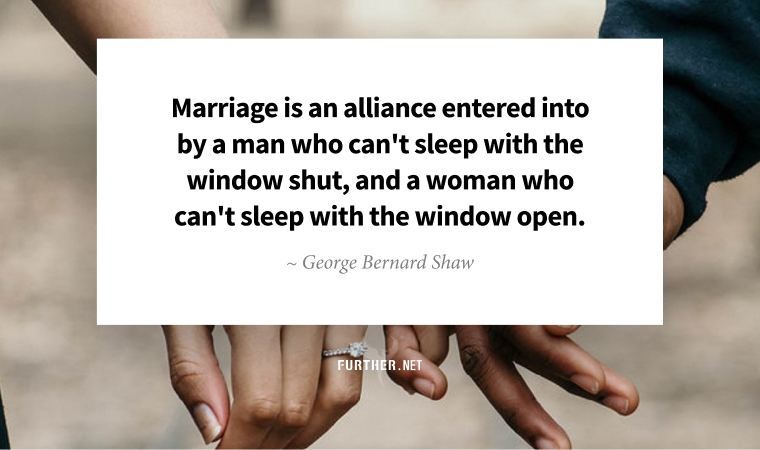
Remember when “sleeping together” was sexy and fun? In that context, the less sleep, the better.
But once in a long-term relationship, there’s plenty about sharing a bed that can sabotage your health and well-being, from snoring and restlessness to frequent bathroom trips, temperature disagreements, and incompatible snoozing schedules.
This might explain the rise of the “sleep divorce,” a trendy term for breaking up at bedtime and choosing to sleep in separate beds or other rooms. While sleeping apart might seem to threaten closeness, it’s a saving grace for many couples.
All you have to do to ensure you don’t lose sleep over the separation is have some proactive pillow talk. Or maybe “coffee talk” after a sleepless night is the better setting.
Bed Dread
As we age, sleep becomes even more important and often more elusive. One-third of adults deal with chronic insomnia, and new research shows that repaying your “sleep debt” is nearly impossible. This can lead to long-term physical and mental health issues, notably cognitive impairment, weakened immunity, diabetes, high blood pressure, anxiety, and depression.
While some of what keeps us up at night is our own stuff (i.e., sandwich generation woes, job instability, financial pressure, hormonal changes), the culprit is often what Carson Daly called “irreconcilable sleeping.” Research confirms sleeping with someone who snores impacts your sleep quality. Another study shows a crappy night’s sleep from your partner’s bedtime habits can hurt your relationship in the light of day.
Is it any wonder that one in four American couples sleep in separate beds? Or that 30% of people surveyed by a mattress company want a sleep divorce?
If you’re struggling with sleep incompatibility, maybe it’s time to give the stigma of separate slumber a rest.
Goodnight Boon
Before you break up your bedroom, you can start by trying the Scandinavian sleep method: simply stop sharing bedding. Sounds silly? Using the same comforter can lead to 30% more interrupted sleep.
If that doesn’t work, broach the subject of a sleep divorce. Experts recommend discussing it first – avoid blaming and shaming with pointed “you” statements, and instead, talk about “we” (as in “we both don’t sleep so well”). Also, focus on being affectionate when you’re together during the day and make dates with each other for sex and intimacy.
Most importantly, avoid seeing a sleep divorce as an ending. Instead, see it as a fresh start, as 40-something Erica Scoville told Today:
It’s important for people to remember that sleeping together doesn’t always save a marriage any more than sleeping apart ruins a marriage. It’s sleep, and sleep is really important to everyone. But even more important than that is loving each other enough to try something that makes life a bit easier for your partner.
That’s the dream in any healthy relationship, after all.
Will a ‘sleep divorce’ really help your relationship? Here’s what experts think (Today.com)
